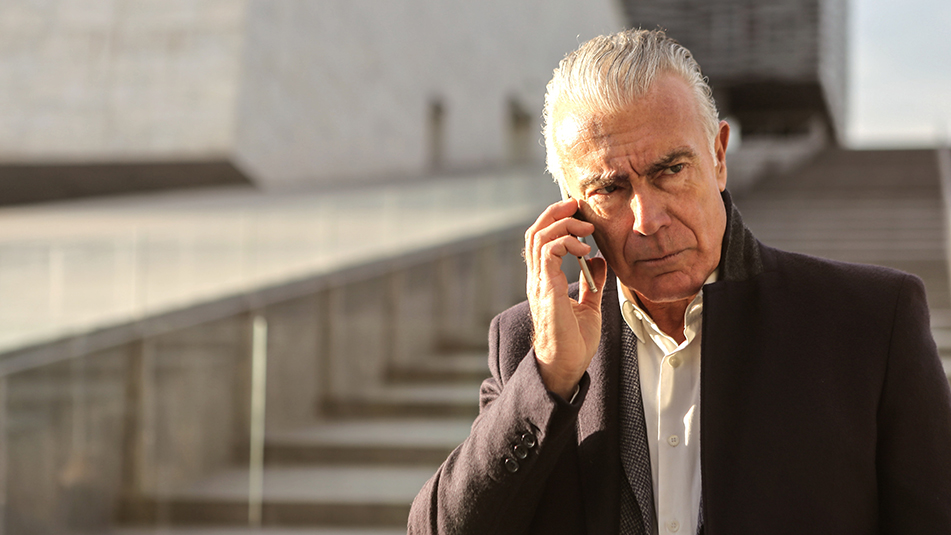Many Australians view death and dying as a taboo topic – and this is affecting the decisions they make and the quality of care they receive as they age, according to Equity Trustees.
Jodi Kennedy, General Manager, Charitable Trusts and Philanthropy, Equity Trustees, said that as one of the largest sources of trustee philanthropic funding in Australia, Equity Trustees had been supporting the work of for-purpose organisations aiming to improve end-of-life outcomes through its aging and aged care granting program.
“Unfortunately, death is still viewed as a morbid topic in our culture, but there can be real benefits to making your wishes known during your lifetime and involving family and friends in the process,” she said.
The Wicking Trust, managed by Equity Trustees, is one of Australia’s most significant charitable trusts. Established in 2002 by John and Janet Wicking, the Trust has distributed close to $25 million over the past five years to improve the lives and prospects of older Australians, people with Alzheimer’s disease, and those who are blind or have low vision.
The Wicking Trust has provided $600,000 over five years to The Groundswell Project, the founder of Dying to Know Day in Australia. The Groundswell Project is focused on improving how people in Australia die, care and grieve through a range of community and educational programs. It has also launched the Death Literacy Index, a world first population-based tool to measure death literacy.
Jessie Williams, CEO of The Groundswell Project, said there had been a noticeable shift in the campaign this year, with an increase in confidence among event holders in encouraging shared conversations about dying as a part of living.
“Death is often over-medicalised and institutionalised and because of the lack of options, knowledge and decision-making power, there can be negative repercussions for the person dying and those around them.
“We are inviting our event holders to develop the campaign for a post-Covid Australia, where we aim to reach workplaces, health settings, households and communities; rural, remote and metropolitan. Our impact will be the increased numbers of Australians exercising choice and control over how they want to live and how they want to die.
“We are grateful to The Wicking Trust for their support in helping us to continue to socialise the conversation around death and dying and make it less of a taboo topic,” Williams said.
The Wicking Trust and Equity Trustees have also provided grants to a range of other organisations which are focused on end-of-life care across Australia.
These include $1 million over eight years to The Australian Centre for Social Innovation (TACSI) to convene and support a “Systemic Impact in End of Life Network”. The network is designed to connect people with the influence, resources and knowledge to create change in how Australian institutions approach death.
The Trust has also provided a $1 million grant over three years to The Violet Initiative, which for 30 years has guided people caring for someone who is dying and is focused on improving care systems in the last stages of life.
“It is no secret that our population is ageing and we are pleased to be working with a range of excellent causes that are helping to create meaningful change in the way Australians approach death and dying,” Kennedy said.
Kennedy said this process can begin with estate planning which can be the first step in the process of planning ahead before ageing – and even end of life decisions – are a reality.
“It’s better to begin the conversation well before anyone has to act or make important decisions – whether it’s about your will, how you want to be cared for if you lose capacity or your wishes for organ donation – all of these can be planned by executing an estate plan that details all your wishes,” she said.












